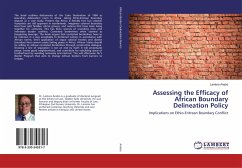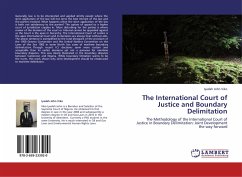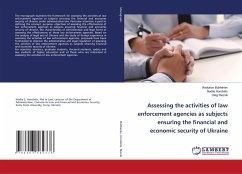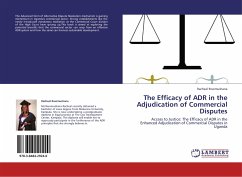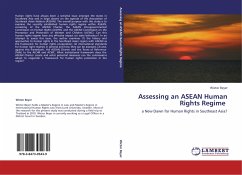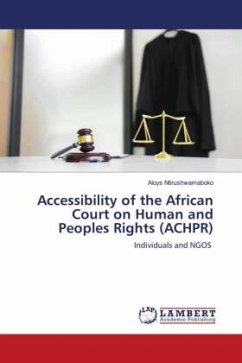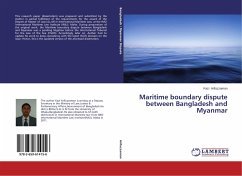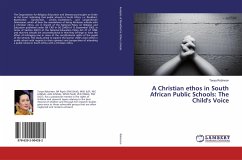The book outlines deficiencies of the Cairo Declaration of 1964 as boundary delineation norm in Africa, taking Ethio-Eritrean boundary dispute as a case study. Present day Africa is literally free but colonial footprints are still apparent in borderlands. Imaginary colonial boundary lines have split families, ethnic groups, and nations that have been living together for centuries. This has been sources of unending intra and interstate border conflicts. Contested borderlines often claimed as bargaining leverage. The book argues that contested borderlines have to be redrawn in a way acceptable to bordered nations in accordance with African norms. Strict application of vague colonial treaties and divisive boundary lines cannot create lasting peace in Africa. African States should be willing to redraw contested borderlines through constructive dialogue. Drawing a line of separation is not an end by itself; it will perpetuate peace, create good neighborhood, and contribute for rebuilding sense of brotherhood by avoiding animosity and mistrust. This will effectuate AU's Border Program that aims to change African borders from barriers to bridges.
Bitte wählen Sie Ihr Anliegen aus.
Rechnungen
Retourenschein anfordern
Bestellstatus
Storno

